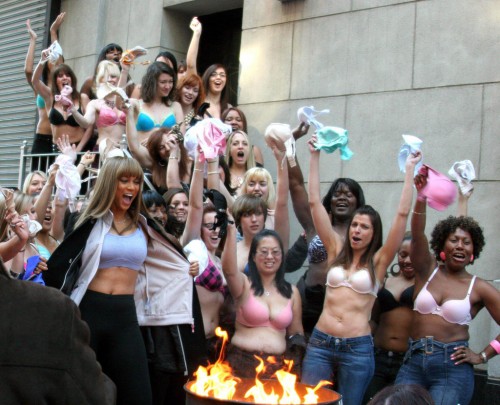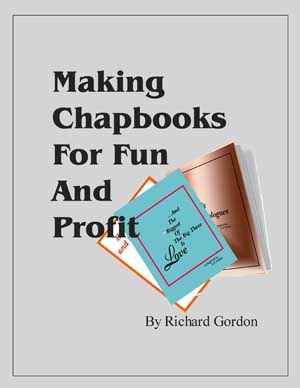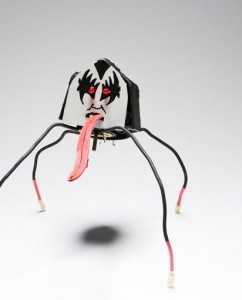
Blake Butler, Kate Zambreno, Amy King and I recently had a nice, interesting, and lengthy conversation about gender, publishing and so much more, prompted by lots of things including the recent, and largely excellent discussion in Blake’s “Language Over Body” post about the second issue of We Are Champion. Over the next three days, I’m going to post that conversation and we all hope you guys join in on our conversation and share your thoughts. You can find Part 1 here.
Amy: We’ve got our rooms and we’re writing – we are no longer invisible, unless editors and prize committees try to render us so. My response was an attempt to point out the other option, which is to be inclusive (which means showcasing possibly disparate work that could be in dialogue), via a new mag, PARROT, that includes work fitting the aforementioned bill:
“PARROT will print the work of Stephanie Rioux’s My Beautiful Beds, Harold Abramowitz’s A House on a Hill (House on a Hill Part 1), Amanda Ackerman’s I Fell in Love with a Monster Truck, Will Alexander’s On the Substance of Disorder, Amina Cain’s Tramps Everywhere, Allison Carter’s All Bodies Are The Same and They Have The Same Reactions, Kate Durbin’s Kept Women, Joseph Mosconi’s But On Geometric, Amaranth Ravva’s Airline Music, Mathew Timmons’ Complex Textual Legitimacy Proclamation, Allyssa Wolf’s Loquela as well as the work of Michelle Detorie, Vanessa Place, Brian Kim Stefans and others…”
I realize this number counting feels isolated and is usually defended as ‘accidental’. Just see PW’s note on their all male “Top Ten” list for 2009. But what gets lost when we don’t query such disproportionate representation is that the interests and views and styles that men write in are what we all: male, female, and every other gender get conditioned to, starting with child lit on up to college “classics.” Such lack parallels why the Wall Street fuck up might have been prevented, or at least lessened. If variety is the spice of life, shouldn’t that hold true for the literary landscape as well? There should be a symphonic cacophony, no?



 1. The point is that, if we think literature is still worth talking about, every book is part of that debate, which is why reviews of non-blockbuster books should do one of two things: either convincingly shout to the hilltops, “Read this book!” or, in explaining why there’s no shouting, try to find larger truths about literature in a book’s strengths and flaws. … Literature is not about the writer. It’s about the book, it’s about art, it’s about life. … in the madding crowd of narrative, it turns out the big world doesn’t really need a book if it’s not great enough to be truly important, specialized enough to find its niche, or equipped with a secret weapon. When that happens—and it happens far more often than not—it is time for writers to think about what we want out of writing, out of publishing, out of their lives, and make our decisions accordingly. –
1. The point is that, if we think literature is still worth talking about, every book is part of that debate, which is why reviews of non-blockbuster books should do one of two things: either convincingly shout to the hilltops, “Read this book!” or, in explaining why there’s no shouting, try to find larger truths about literature in a book’s strengths and flaws. … Literature is not about the writer. It’s about the book, it’s about art, it’s about life. … in the madding crowd of narrative, it turns out the big world doesn’t really need a book if it’s not great enough to be truly important, specialized enough to find its niche, or equipped with a secret weapon. When that happens—and it happens far more often than not—it is time for writers to think about what we want out of writing, out of publishing, out of their lives, and make our decisions accordingly. –